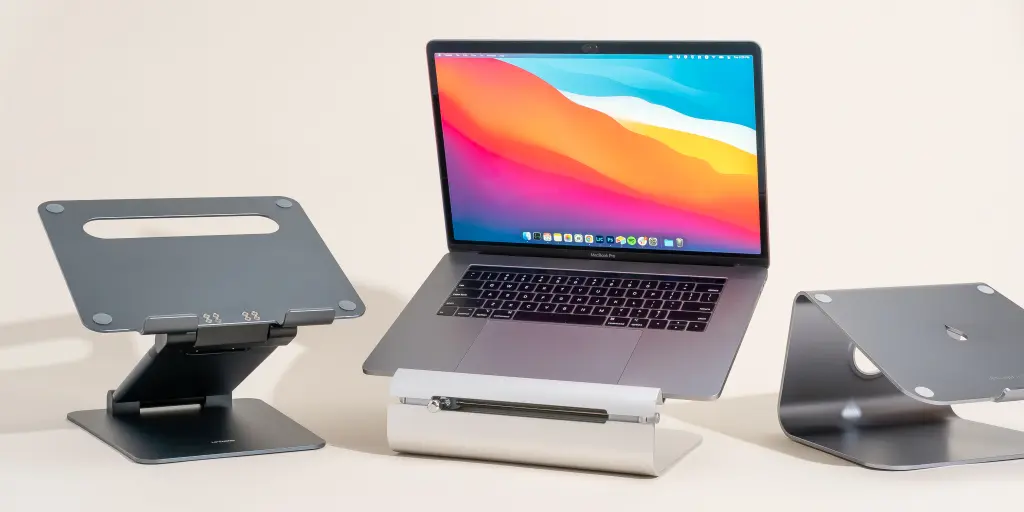In the fast-paced world of business, selecting the right laptop is crucial. Whether you’re a startup founder or an established enterprise professional, your choice of laptop can significantly impact your productivity and efficiency. In this comprehensive guide, we will explore the essential factors to consider when buying a laptop for your business, ensuring that you make an informed decision that aligns with your professional needs.
1. Purpose and Use Case
Before delving into the technical details, start by determining the primary purpose of your laptop and your typical use cases. Are you mainly using it for office work, multimedia content creation, or data analysis on the go? Understanding your specific needs will help you narrow down your options.
2. Operating System
The choice of operating system (OS) largely depends on your familiarity and preference. Windows, macOS, and Linux are the most common options. Consider your organization’s software requirements and compatibility when selecting an OS.
3. Performance
Performance is a critical factor for business laptops. Look for a laptop with a powerful processor, sufficient RAM (at least 8GB or more), and a fast solid-state drive (SSD). These components will ensure smooth multitasking and quick data access.
4. Portability
Portability is crucial for professionals who need to work on the go. Consider the laptop’s weight, size, and battery life. Lightweight laptops with long battery life are ideal for travel and remote work.
5. Build Quality and Durability
Invest in a laptop with a durable build quality. Business laptops often need to withstand frequent use and occasional bumps during travel. Look for laptops with robust materials and, if possible, military-grade durability certifications.
6. Display Quality
The laptop’s display is your primary interface for work. Choose a display size and resolution that suits your needs. If you frequently work with graphics or video content, consider a laptop with a high-resolution display and color accuracy.
7. Keyboard and Touchpad
A comfortable keyboard and responsive touchpad are essential for long hours of work. Test the keyboard’s tactile feedback and key travel to ensure it meets your typing preferences.
8. Connectivity and Ports
Evaluate the laptop’s connectivity options. Ensure it has the necessary ports for your peripherals and accessories, such as USB-A, USB-C, HDMI, and an audio jack. Built-in Wi-Fi 6 and Bluetooth connectivity are also beneficial.
9. Security Features
Security is paramount for business laptops. Look for laptops with built-in security features like biometric authentication (fingerprint or facial recognition), hardware-based encryption, and TPM (Trusted Platform Module) support.
10. Graphics Performance
Consider your graphics needs. Integrated graphics are suitable for standard office tasks, while discrete graphics are essential for graphics-intensive applications or gaming. Choose accordingly.
11. Storage Capacity
Assess your storage requirements. While SSDs offer speed and reliability, they tend to have smaller capacities. Consider external storage options or laptops with higher-capacity SSDs if you need ample storage space.
12. Budget
Set a realistic budget for your business laptop. While it’s tempting to go for the latest high-end models, ensure that your choice aligns with your business’s financial constraints. Consider the return on investment (ROI) in terms of increased productivity.
13. Brand and Support
Choose a reputable brand with a track record of providing reliable laptops and excellent customer support. Research online reviews and consider extended warranty options for added peace of mind.
14. Collaboration and Communication Tools
Given the growing trend of remote work and virtual meetings, ensure that your laptop has a good webcam, high-quality microphones, and reliable speakers. These features are crucial for effective communication.
15. Security Considerations
It’s essential to consider security in your laptop choice. EDR solutions help protect your device from cyber threats. Businesses should consider laptops compatible with their chosen EDR solution.
16. Future-Proofing
Investing in a laptop with future-proofing in mind can save you money in the long run. Look for laptops with upgradeable components like RAM and storage, ensuring that you can adapt to evolving business needs.
17. User Reviews and Recommendations
Don’t overlook the power of user reviews and recommendations. Check online forums and seek input from colleagues or peers who have experience with the laptop models you’re considering.
18. Environmental Impact
Sustainability is an increasingly important consideration. Some laptop manufacturers prioritize eco-friendly practices and offer devices with reduced environmental impact. Consider laptops with energy-efficient components and recyclable materials if sustainability aligns with your values.
Conclusion
Choosing the right laptop for your business is a crucial decision that can impact your productivity and overall work experience. By carefully considering your specific needs, performance requirements, and budget, you can make an informed choice that serves your professional endeavors effectively. Remember that your laptop is a valuable tool for your business, and investing in the right device is an investment in your success.

